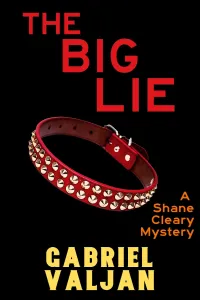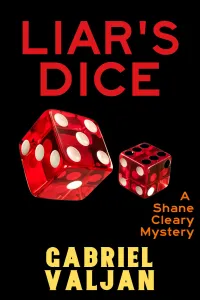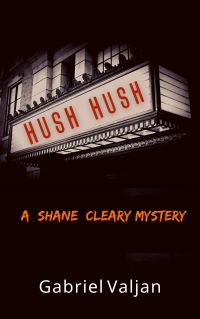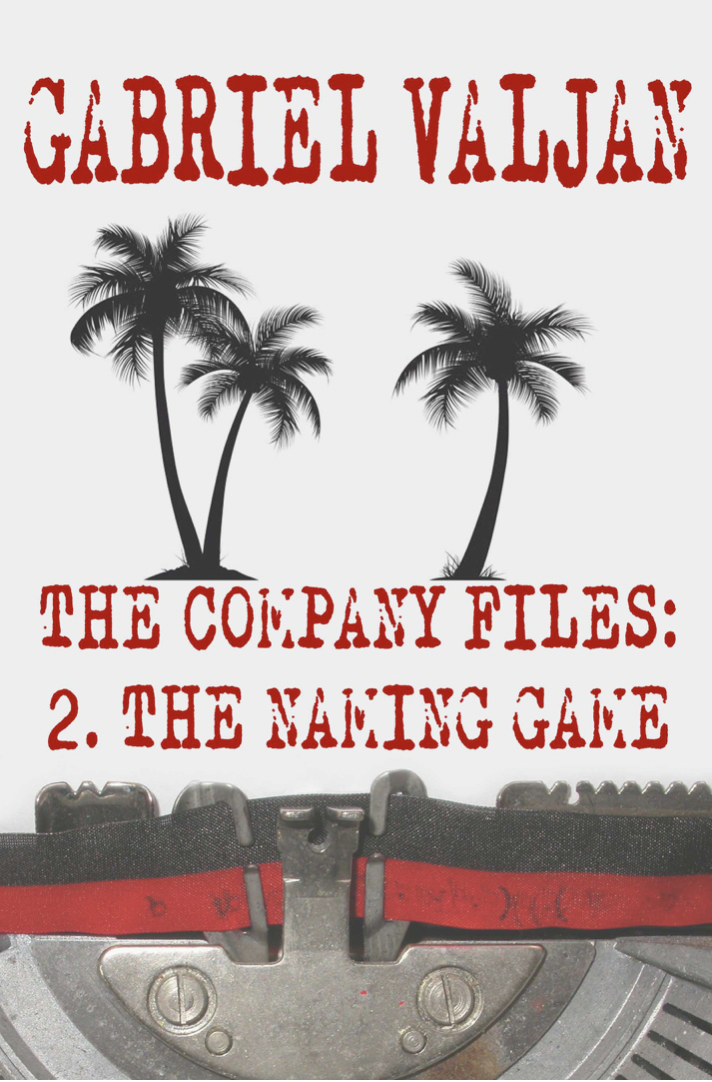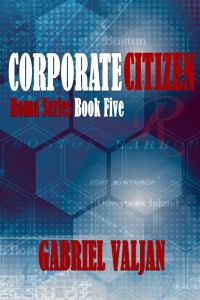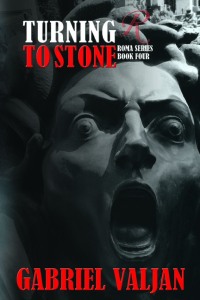In a scene only his imagination could have imagined but did not realize with his camera Pier Paolo Pasolini was found dead on a beach at Ostia, near Rome, in November, 1975. He would have appreciated the irony and parallel with Caravaggio, who had also met his death on a beach. Caravaggio, also controversial, died in 1610 in Porto Ercole near Grossetto in Tuscany. Both deaths share the fervor of conspiracy theory: Pasolini’s killer, Giuseppe Pelosi, a hustler, recanted his confession decades later, saying that his family had been threatened with violence, that he had murdered the famous filmmaker at the behest of anti-communists. Caravaggio, on the lam for murdering a man after a tennis match, managed to make enemies wherever he went, before dying of a fever in the July heat. A recent theory suggests that the painter died of lead poisoning. Pasolini was less fortunate: he had been run over several times with his own car, an Alfa Romeo.
Was he murdered because he was a Marxist, because his critical essays, films, plays, and aesthetic theory unnerved and offended so many? In May 2005, legal authorities deemed Pelosi’s statements inconclusive and shuttered any future inquest. Pasolini’s death would appear to fade like a Giallo mystery, to yellow with age and obscurity. In the months and weeks before his death, Pasolini had written essays for the Corriere della Sera in which he had called for investigations and public trials of numerous public officials on charges of corruption. His essay, “I know” in English (Io so in Italian), to which I provide links, belongs to a tradition of journalism that decries corruption. The consequences for the authors were often uniformly the same: assassination.
Mauro De Mauro. Giuseppe Fava. Giuseppe Impastato. Carmine Pecorelli. Giancarlo Siani.
For those of you who do not know Italian history, Pasolini’s essay was extremely inflammatory in the years following the December 1969 bombings in Milan and Rome. Journalistic and judicial investigations throughout the 1970s and 1980s, decades Italians call the Years of Lead (Gli anni di piombo), would unmask a broad governmental policy of misdirection and strategic tension (strategia della tensione) in which neo-Fascists were blamed as a “false flag” in an effort suppress if not justify the extermination of all political opposition (read Communists). The result of all those machinations was keeping the populace in perpetual anxiety and fear, driving them to conservative parties for protection, while enriching individuals and corporations. In psychological terms, a generation of Italians was deprived of its childhood. This “strategy” is where the architects of anti-terrorism drew their lesson plans, for better or worse.
In this context of ever-widening conspiracies, Pelosi the Assassin seems more like Lee Harvey Oswald, a patsy, a ‘useful idiot,’ than a hustler claiming self-defense. Pasolini had not only written provocative essays prior to his death, but he had been writing a novel, Petrolio. He had planned 2,000 pages, but only 500 were found and it was published posthumously in 1997 and in an edition that will likely never be definitive. Anna Goldstein translated and included Pasolini’s letter to Alberto Moravia. Pasolini endorsed the notion that all writing is inherently moral and therefore political. Did the novel kill the author?
Like Pasolini’s films, Petrolio as literature defies description. The novel is considered post-modernist, probably comparable to Joyce’s Finnegan’s Wake and Ulysses. “Sort of” and even that is a stretch, but Joyce is merely a touchstone. Pasolini as a writer was not always so self-conscious, so dislocated, so disorienting, and so utterly decadent. He appeared ‘on the scene’ as a poet in the late fifties as a gay man, citing Rimbaud, another gay man and known decadent, as his literary forefather. Like Rimbaud, whom we comfortably view as a decadent in hindsight because it is easier to do, Pasolini matured aesthetically and politically. His early works like Roman Nights and Other Stories were stream-of-consciousness observations with a journalist’s keen ear for dialect and equally keen eye for urban scenery. Pasolini, like Whitman, was a poet of the vernacular. Born in Bologna in 1922, Pasolini championed Friulian dialect and diction, founding the Friulian Language Academy in 1945.
He would direct 25 films. All of his films are distinctly neorealistic in style: gritty and gutsy. Highlights of his oeuvre include Accatone (1961; adapted from his own novel about life in the slums of post-war Rome), The Gospel According to Matthew (1964), a version of the Arabian Nights (1974), and his last film, the nauseating, Salò (1975; the Marquis de Sade’s 120 Days of Sodom updated to Mussolini’s Fascist Italy). I’ll agree with many critics that Pasolini’s most underrated film was his startling interpretation of Medea (1969) with Maria Callas.
Petrolio undid Pasolini.
The novel is a allegory about Italy’s state-owned oil and gas conglomerate ENI, founded by Enrico Mattei. ENI became a world-class company that competed with the Anglo-American oil giants, the “Seven Sisters.” Mattei’s brilliant business coup was that he had exploited Italian “neutrality” in certain scenarios, like the Middle East, to access markets that were closed off to the U.S. and the UK. Mattei would die in 1962 in a plane crash. It was demonstrated years that the flight had been sabotaged. Mattei was also a technological visionary. He was the first to understand that small oil deposits, which were often abandoned once tests had shown they were too small for exploitation, could be used to produce methane (this was the case for many small deposits found throughout in Italy in the 50s). Mattei had also built a model city around the ENI offices south of Milan, called Metanopoli.
Petrolio has one character, with a schizoid personality, who becomes both genders at will and lives out two graphic sex lives. There are two narrative structures belonging to Carlo I and Carlo II. Pasolini’s father was named Carlo. The book was reviewed and critics understood that the novel was intentionally cryptic, discursive, and fragmentary (narrative style) and unintentionally unfinished (author’s death). Business. Power. Sex.
Pasolini lived and died before Gordon Gekko, not that Oliver Stone could ever trump an Italian’s discourse on the principles of power after Machiavelli’s definitive treatise. Stone’s accomplishment is that he made Gekko morally revolting, a corrupter, and convinced some members of the viewing audience that they wanted (secretly) to be Gordon Gekko. Kissinger’s maxim that Power is the ultimate aphrodisiac is manifest. Does that make the director a corrupter? Pasolini, who understood greed, was also accused of moral corruption. He simply knew all along that people would argue that arousal is political. As a provocateur he’d argue that sex and power is a cultural parlor game, a con game. Sex is sex, an anarchic drive, untamed by society and Society is what makes people perverse. He was openly gay and defiant, but his times were different — not that that is an excuse. Lest we forget that Pasolini was already dead before the gold chain, the Travolta strut, yet another Italian stereotype, would hit the disco dance floor in Saturday Night Fever (1977).
Nobody would want to be Carlo I or Carlo II. Pasolini lived and died before AIDS, the bath houses, before Foucault’s History of Sexuality, but he understood the power of the image, particularly the male body. He lived a life that understood Genet, probably enjoyed Midnight Cowboy (1969), related to (or empathized with) Erica Jong’s Fear of Flying (1973), and suspected everyone in his day wanted free love, “the zipperless fuck.” In Petrolio, the sex is graphic, on a par with Hugh Selby’s Last Exit to Brooklyn. Pasolini knew the puritans in the audience deplored the infamous scene in Last Tango in Paris (1972), yet giggled when they saw a stick of butter. He would probably smirk at Shades of Gray, but I suspect that he would be wondering whether readers really believed that BDSM was accurately portrayed in the pages. He might find it tedious, misleading, amusing, or a turn-on. Would he see that particular novel as mere fantasy entertainment, where the vicarious is no substitute for the physical and psychological experience of dominating or submitting to another? Would he believe that the author E.L. James accurately conveys the the inherent trust in a Master and the underlying power of the Slave? When it comes to sex and power, straight or gay, I doubt that Pasolini would see it all as as equivalent to a Tupperware party in the suburbs or car keys tossed in a bowl.
Flash forward to 1997 and see Petrolio as a Piranesian exploration of power… as a Marxist, Pasolini saw film and literature as a dialectic of the consumer and consumed, the exploiter and exploited. The less structured a society is, the more violent it is likely to be; and the more complex and structured society becomes, the more oppressive it is and the more psychological and sophisticated the violence is with the image and word.
Sex, Power, and Violence are one and the same Nihilism. Nothingness. We look and do not see, wish for but do not experience, read and do not feel. That is when Literature kills.

